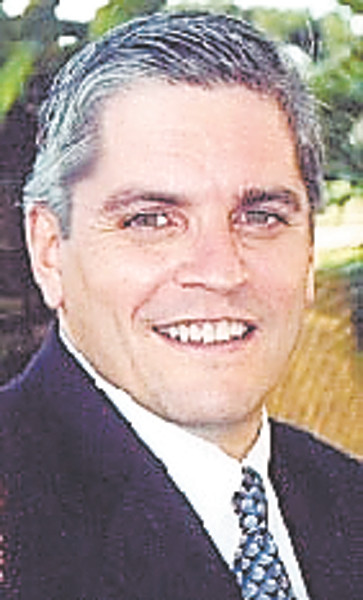Bringing a little Sinai back into our Jewish experience
A former chief rabbi accused and arrested for possible bribery and embezzlement, a rabbinic leader found guilty of inappropriate behavior with his students, and yet another rabbi accused of bribing senior police officers.
Even if one has to take what one reads in the press with a grain of salt, something is clearly amiss. Where have we gone wrong? How can we avoid these horrific pitfalls in the future?
This week, we read the portion of Mishpatim: “Ve’eileh hamishpatim asher tasim lifneihem.” (“And these are the statutes you shall place before them.”) (Exodus 21:1)
These past weeks we have been reading of Exodus from Egypt, the splitting of the sea, and last week’s awe-filled Revelation at Sinai — the most incredible, inspiring and awesome events in Jewish History. This week, we come back down to earth, with a portion filled with laws, and particularly the mitzvoth (commandments) related to social justice and how we relate to and treat each other.
But there is an interesting detail at the beginning of the portion that makes this a little more interesting: Hashem does not actually command these laws, nor does He command Moshe to command these laws; He tells Moshe to place them before the Jewish people. (“Tasim lifneihem”). What is the meaning of this seemingly out of place verb?
Rashi points out that last week’s portion ends with the mitzvah of building an altar (a mizbeach) in the Temple, and wonders why the giving of the laws at Sinai is preceded by the mitzvah to build an altar on the Temple Mount? His response is that this teaches us that the Sanhedrin, the highest court that was responsible for dispensing law and justice, had to sit in proximity to the Temple (actually on the Temple mount itself.)
Why was this idea one of the first things we learn of immediately after the revelation at Sinai? Perhaps the Torah is sharing a critical idea with us: What does it mean to be an ethical person?
The first portion after the Revelation is all about human ethics, but what does it mean to be ethical? How does one determine what ethical behavior truly is?

 61.0°,
Mostly Cloudy
61.0°,
Mostly Cloudy 




